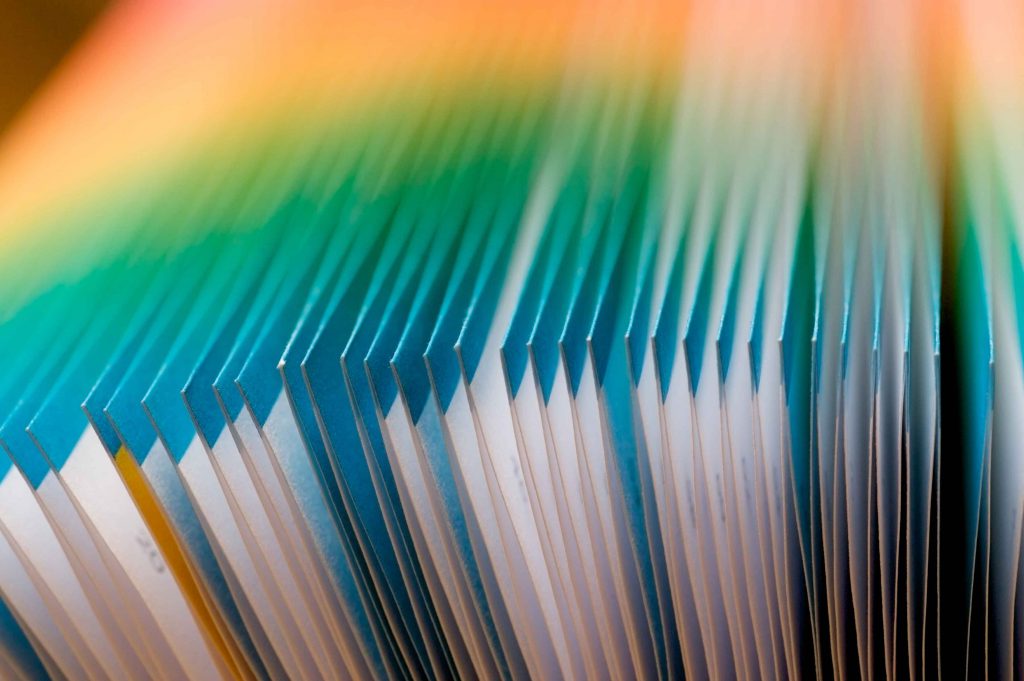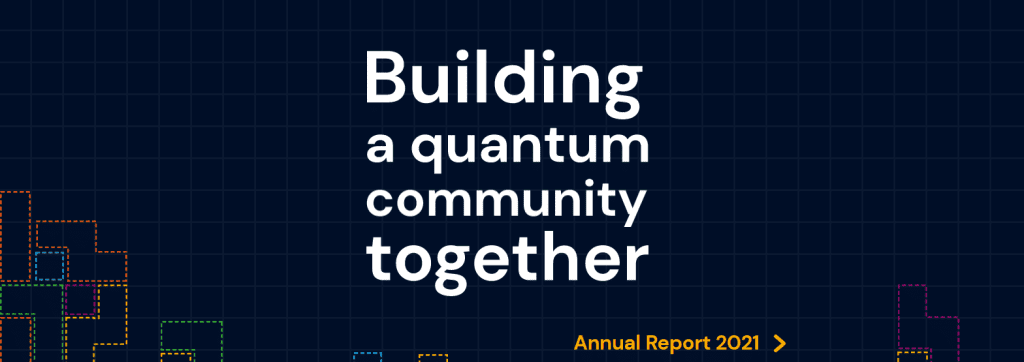08.06.2022Organization
Negligence in Nature article on quantized Majorana conductance

This news item was published originally on the website of the TU Delft here.
In the 2018 Nature article Quantized Majorana conductance, the first author involved, Dr Hao Zhang, and corresponding author, Professor Leo Kouwenhoven, were partly negligent and partly culpably negligent. There was no violation of scientific integrity. This is the judgement of the Executive Board of TU Delft, based on recommendations of the TU Delft Research Integrity Committee (CWI), supported by external experts, and advice of the Netherlands Board on Research Integrity (LOWI).
Article withdrawn
A CWI investigation into the publication was initiated in 2020, after TU Delft was alerted to issues by two researchers in the field. The authors then re-examined their earlier findings. They found that the main conclusion had been insufficiently substantiated and withdrew the article. The CWI requested a number of independent international experts to look at the matter. Their findings were partly made public in March 2021.
In February 2022, the Executive Board received a new internal report concerning possible irregularities surrounding some publications on Majorana research. In publications from before 2019, there may have been irregularities in the processing of data by one or more of the authors. As a result, a new CWI investigation was initiated. This investigation is still ongoing.
Integrity programme
As a result of this procedure, the Executive Board, the QuTech board and senior researchers have had frequent exchanges on scientific integrity recently; this dialogue continues. As a result of this dossier, the Executive Board also wants to assess what, if any, adjustments are needed in the current range of instruments for safeguarding scientific integrity at TU Delft.
Open data
Partly as a result of this case, a data steward has been appointed at QuTech since October 2021, as are also employed by the Faculties at TU Delft. Recently QuTech has drawn up a progressive research data management policy. The data steward implements this policy and supports researchers in the open publishing of their research data.
Careful handling
“It is a good thing that scientists sound the alarm when they see irregularities in their colleagues’ research. Science means always looking critically at results, questioning and challenging them,” says TU Delft Rector Magnificus Tim van der Hagen. “As the CWI, external experts and the LOWI have all looked into this case, we know what went wrong with the researchers involved, and we can also fine-tune the integrity programmes at QuTech and TU Delft. Once the second investigation has been completed, we can decide whether other actions may be necessary.”
The Executive Board regrets that the handling of this complaint has taken so long, but is at the same time of the opinion that, in view of the nature of the complaint and the nature of the scientific and social interests involved, a careful handling has required such a period. The LOWI has confirmed this in its advice.
Quantum research
“The retraction of the paper and the conclusion that it was not well-founded is obviously a setback for Majorana research into the development of a quantum computer,” says Lieven Vandersypen, scientific director of QuTech, the TU Delft and TNO research centre for quantum technology. “Majorana particles remain promising, so with the help of recently developed concepts, we continue to work on how they can be unequivocally demonstrated. At the same time, we are pressing on with our various other lines of research towards the realisation of a quantum computer and a quantum Internet.”
The Majorana particle forms the basis of one of the four lines of research along which QuTech is pursuing the development of a quantum computer. At QuTech, other building blocks for the quantum computer, based on superconductors, semiconductors and diamond, are also being researched, as well as the electronics and computer architecture used to control the qubits. Qubits based on Majorana particles might in principle be more robust than other types of qubits.
More information
As soon as the anonymised opinion report of this integrity investigation is published on the website of the UNL, you will find the link here.
Read the anonymised report of the LOWI here.
You can find the public part of the 2021 expert report commissioned by the CWI here.

